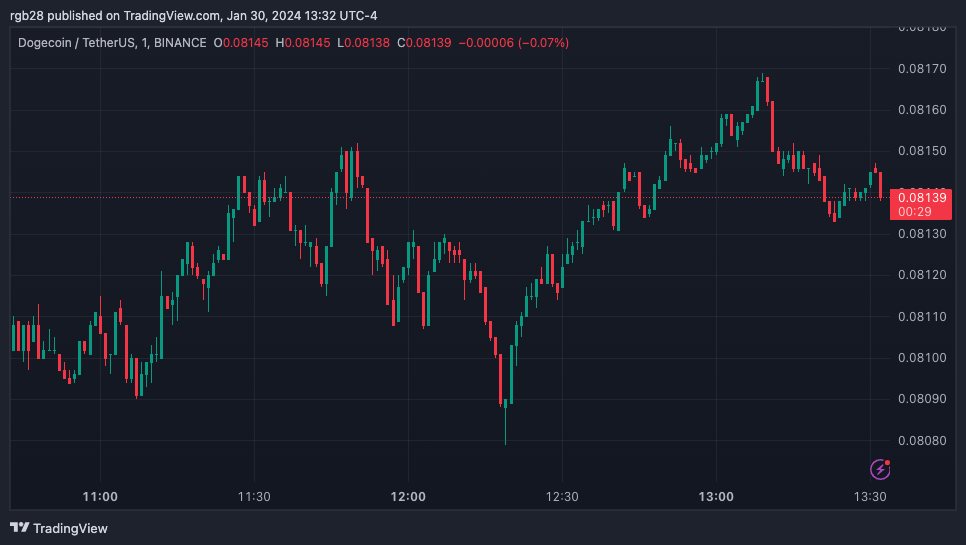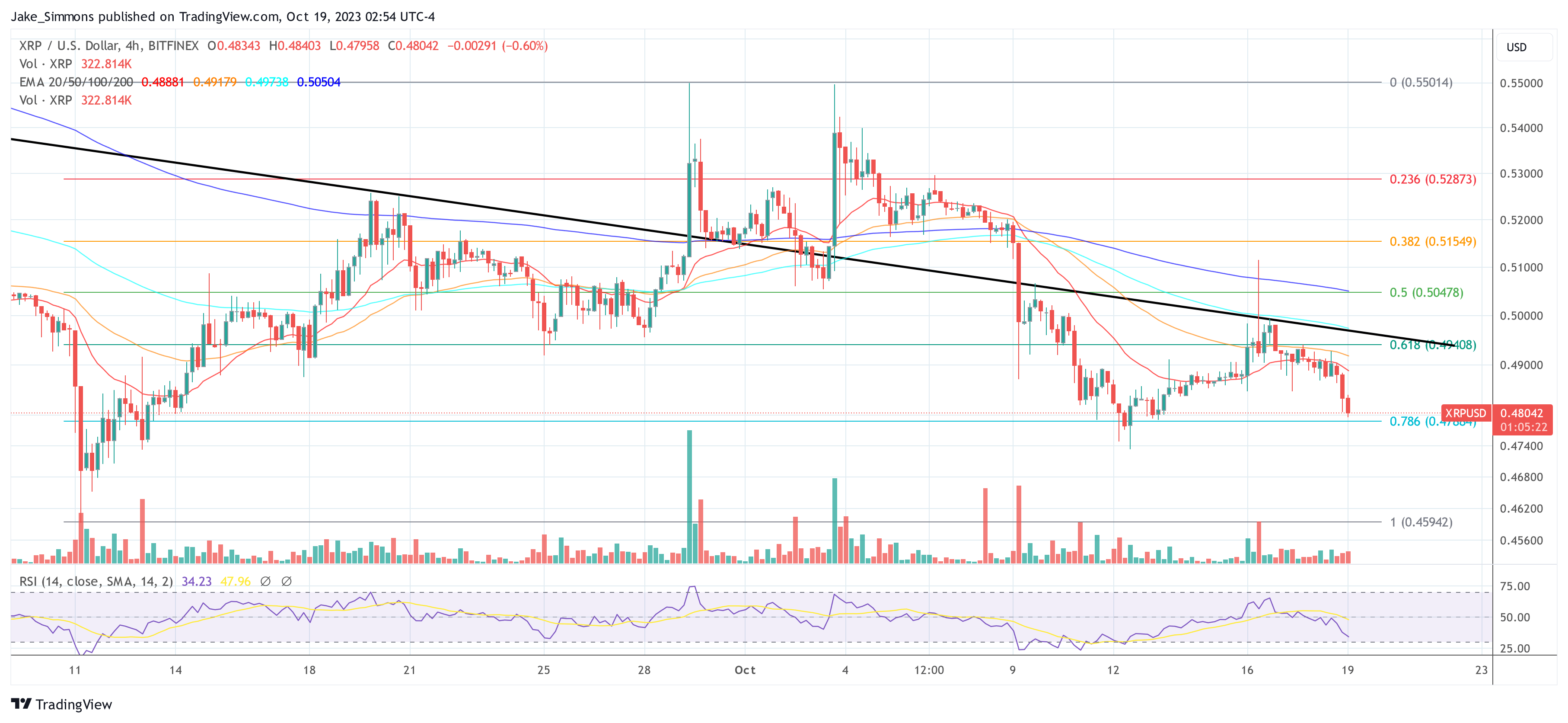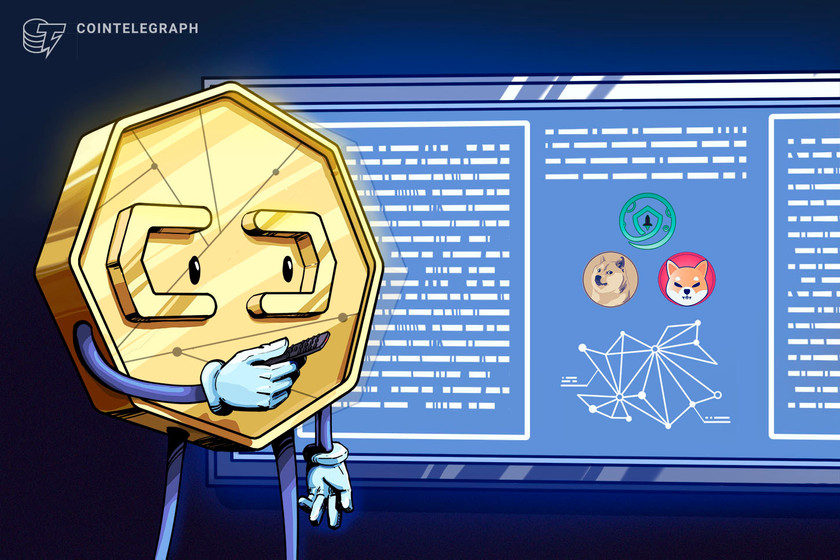On January 29, Mark Cuban, the businessman and television personality, took to the X platform (formerly known as Twitter) to have a conversation with his audience and the crypto community online.
What Projects Does Mark Cuban Invest in?
The Ask Me Anything (AMA) session asked about Cuban’s thoughts on various crypto-related topics. Notably, his replies to the community suggested the importance of a project’s utility for the Shark Tank investor.
When asked about his thoughts on crypto, Cuban stated “I hate the speculation but love when there is utility,” similarly replying to a different question about on-chain finance “needs new ideas with more utility.” Additionally, he explained that Bitcoin’s Layer 2 solution aimed at scaling “doesn’t matter at all,” and emphasized his belief that “It’s applications with unique utility that matter.”
Cuban believes blockchain technology is here to stay but identifies two issues. The first concerns the existence of “too many blockchains,” and the second is the lack of an application that makes the technology “indispensable” for all generations.
For these reasons, the businessman thinks blockchain technology’s future is in the air but reaffirms that “it will always have a place.” However, he doesn’t consider blockchain security one of the biggest problems.
During the AMA session, the Shark Tank investor listed Polygon (MATIC), and Injective (INJ) as two projects he’s interested in outside the flagship cryptocurrency and the largest altcoin. When asked about his concerns on the project and growth of injective, Cuban said he didn’t have any, but he hopes “they do well” as he is an investor.
The Doge community took part in the questions, and Cuban admitted that he enjoys being part of the community. He also confirmed that The Dallas Mavericks continue to accept DOGE as a payment method.
I don’t think about it
— Mark Cuban (@mcuban) January 29, 2024
What Emerging Technology Will Thrive in The Next Decade?
Regarding non-fungible tokens (NFTs), the investor explained “They are a collectible in most cases but can be used for other things,” and suggested that people should buy them to collect and not to speculate. Similarly, he expresses the challenges of selling these assets as he hasn’t found “a compelling aspect yet.”
Similarly, Cuban indicated that he is “not a fan” of tokenizing assets, such as sports teams and real estate, as he doesn’t think it “adds enough value.”
Entrepreneurs
— Mark Cuban (@mcuban) January 29, 2024
Cuban shared his views on the future of emerging technologies, affirming that he only sees Artificial Intelligence (AI) significantly impacting entrepreneurship in the next decade. Saying, “There will be two types of companies in the USA. Those who are great at AI and everyone else.”
Lastly, he was constantly asked about his thoughts on X owner and Tesla founder Elon Musk. He addressed their relationship by simply replying: “I don’t not get along with him. I don’t know him. He likes to talk shit on here and so do I.”



















